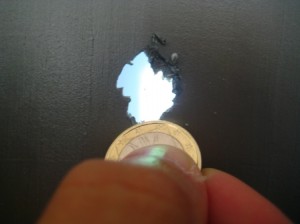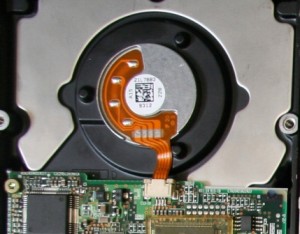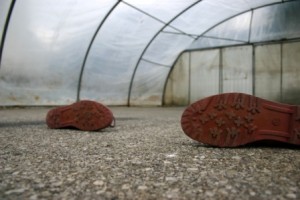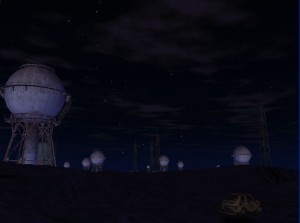E) Conceptual Interaction
Project: Scratch It
Student: Jesus Cabrera Hernandez

The project aspires to question the structure of media, globalization and the individual perception of Art and Society on two sides of the world. A series of interviews and footage on the theme of Information, Media Art and Society will being recorded in Cuba, a country with an environment in which the access to the media is limited. This footage will be projected in Linz, Austria during the Ars Electronica Festival, bringing to this event the points of view on art, technology, information and society that Cuban citizens have.
This is an attempt to reflect on the meaning of these terms in different societies. A screen will be made and covered with a silver rub-off surface. As people scratch part of it they uncover the projection of the Cuban footage. The metaphor of the necessity to deconstruct the information that the media transmit to us will be reflected—with the interaction of different users the big picture can be revealed. A separation between the two worlds will be made and the necessity of simple approaches to complex subjects. The idea of global human nature is countered with the answer of coming back to a simple natural interface, like scratching a surface with our hands and a coin, claiming as a metaphor to understand and deconstruct broad concepts like information art and society.
Project: 9.578 Files
Students: Anika Hirt, Margit Blauhut

What is digital data and where does it go after being deleted? “‘9.578 Files’” explores trashed and lost digital data and investigates our nascent naïveté in handling data and its storage media. By contrast it questions the possible loss of data due to digitalization and fast developing technology. Digital data from various collected media are recovered and restored. A visual memory is created out of the forgotten and discarded data that failed to be destroyed and succeeded to survive. The interaction with trashed hard drives visualizes the ease of accessing this data and pushes it back into the real world.
Project: Experiment Arctic
Students: Varvara Guljajeva, Mar Canet Sola, Andrej Boleslavsky, Kanno So

“Experiment Arctic” is a new media art installation that talks about global warming and its consequences. The current artwork differs from the other works in this field by its temporality. A piece of ice that is placed on the special table is allowed to melt in order to visualize the real situation that exists in the Arctic Sea. The water from the melting ice controls videos that are projected onto the top of ice and table. Visuals are about global warming, the shrinking ice in the North Pole and how they correspond to different water levels. Thus, the work aims to shake us up and raise our awareness and to experiment with a new and temporal medium like ice. Supported by the Asia-Europe Foundation.
Project: World 2020
Students: Mar Canet, Dietmar Suoch, Timm Wilks, Marcin Wodzyński, Marc Atanes

“World 2020” is an interactive post-catastrophic landscape installation. In the year 2020 planet Earth has become a place that is almost impossible to live in, following radical climatic changes due to the effects of the continuous exploitation of resources and the high level of pollution. Several scientists have made very dramatic predictions for the next hundred years. For example, the renowned British physicist Stephen Hawking recently predicted the colonization of Mars by 2046 in order for mankind to survive. The installation “World 2020” opens a window into the future of this imaginary world.
It is an immersive real-time generated scene showing where humanity just can’t live anymore. Instead people live underground and the installation represents a vantage point to the Earth’s surface. The audience has to wear special security goggles before they get offered a glimpse at three different scenarios of the world in 2020. This project tries to make an impact on the public by showing a possible future scenario about our current home planet.
